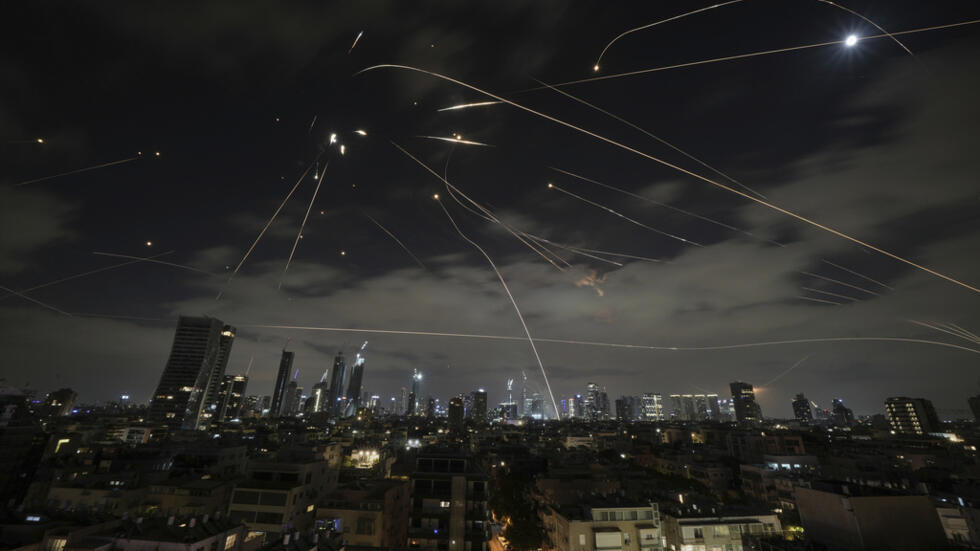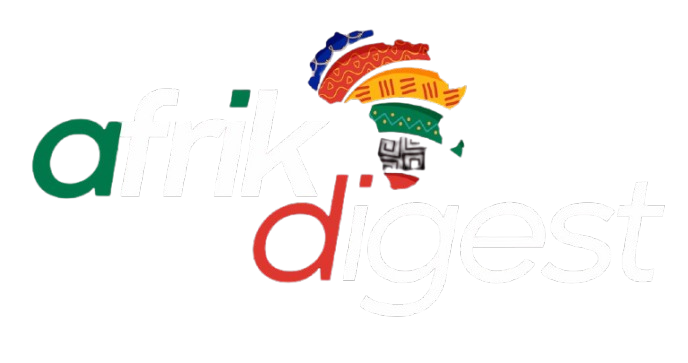
The entire Middle East is bracing up for another protracted conflict after Israel’s surprise recent bombardment of Iranian nuclear and military sites killed several of the country’s top generals and nuclear scientists. Iran equally responded with strikes on Israel. As the situation escalates, there are concerns about the impact the conflict could have globally. Tolulope Omotunde of AfrikDigest Magazine hones in on the implications of this conflict for the African continent.
With Israel and Iran exchanging fire back and forth for days and planned talks on Iran’s nuclear programme called off, there is growing concern about the potential impact beyond the Middle East.
Israel used to boast of extremely strong ties with many African countries during the 1950s, 1960s and 1970s – until the Yom Kippur War, when most of them severed diplomatic relations with Israel.
Ever since Israeli Prime Minister Benjamin Netanyahu returned to power in 2009, his objective has been to rebuild those relationships. Currently, more than 40 African countries have diplomatic ties with Israel. But that doesn’t necessarily mean Israel wields significant influence in Africa.
Since the 7 October, 2023 attacks [by Hamas on Israel] and Israel’s subsequent war in Gaza, many of its normally pro-Israel partners – Togo, Cote d’Ivoire, Angola, Cameroon and Rwanda – have kept their distance. Rwanda even began delivering aid to Gaza as early as 20 October, 2023. As it stands, there seems to be some strain on Israel’s diplomatic position in Africa.
The conflict in Gaza has further weakened those already fragile ties – which are, in many cases, quite weak or practically non-existent in political and economic terms. It leads to the conclusion in many quarters that the conflict with Iran will not have a dramatic impact, given that Israel’s relationships with Africa are already weak and its exchanges with the continent are extremely limited.
Iran’s relationships with Africa are also extremely weak. The most significant recent development was Niger opening an embassy in Tehran [in January 2024] after its coup against President Bazoum, and negotiations related to uranium – a move that raised alarm bells in the United States.
But aside from a few embassies with limited diplomatic staffing, mainly in predominantly Sunni areas in East Africa or the Sahel, Iran’s influence is also very weak.
Tehran’s main objective in these areas is often related to spreading Shiism, for instance in Nigeria with Imam Al-Zakzaky – a politically controversial Shiite cleric. Apart from that, Iran, much like Israel, has not been putting many resources into its Africa policy or even developing a policy for the continent. So, as it stands, whatever happens in the Middle East, its effects on Africa will be extremely limited due to this weak diplomatic presence.
The one area where its impact might be felt a bit is the oil and gas sector on the African continent. It’s quite possible that there might be a ripple effect for the continent, just as there will be for the rest of the world.
The price of oil might increase temporarily due to the conflict but we it’s worth remembering that the price per barrel is currently quite low and the market is currently well-stocked. So, it’s most likely that the impact of the conflict on the oil and gas industry on the continent will be limited and short-lived. The main consequence for Africa might be a slight increase in petrol prices in the months ahead – but it would be a small variation, especially compared to periods when tensions were much greater.
As regards the response of countries on the continent regarding the ongoing conflict, African governments issued a range of responses following Israel’s airstrikes against Iran and the counterstrikes by Iran. While some states, such as South Africa, Sudan and Mauritania, condemned the attacks, others refrained from criticism.
The African Union was among the first to respond, expressing “deep concern” over the violent escalation, which killed hundreds of Iranians and wounded thousands, and calling on all parties to avoid further military action.
In a statement, the organisation urged “maximum restraint” and warned that the situation posed a “serious threat to international peace and security”.
South Africa, a long-time pro-Palestine ally, condemned the Israeli attack, slamming violations of international law. The country has consistently stood against Israel’s military actions in Gaza. In December 2023, it brought a case before the ICJ arguing that the war on the besieged territory breached the 1948 United Nations Genocide Convention.
In Egypt, Foreign Minister Badr Abdel Aty warned that the ongoing military confrontation poses a threat to regional stability. According to a statement, he said Cairo is engaged in intensive diplomatic efforts with regional and international stakeholders to contain the crisis and prevent further escalation.
Sudan’s foreign ministry also denounced the airstrikes, calling them “unjust aggression”. At the same time, local media reports indicated concerns that the conflict could draw the war-torn country into broader regional tensions, especially given alleged ties between Iran and factions within the Sudanese military.
Kenya and Nigeria both issued measured statements urging de-escalation and dialogue. Benin President Patrice Talon said the worsening situation in the region posed a risk to global security and called for restraint from all sides.
Other countries, including Algeria, Senegal and Guinea-Bissau, also voiced concern. But other states have so far remained silent.
Several African countries that maintain close ties with Israel have withheld comment. Among them is Morocco, which has not issued any official statement.
The country normalised relations in December 2020 under the US-brokered Abraham Accords. Since then, they have bolstered cooperation across defence, cybersecurity, and trade. In 2021, Israel opened a liaison office in Rabat, with the North African nation receiving advanced military technology like drones and air defence systems in the same period.
Rwanda is another Israeli ally that has remained silent. Kigali and Tel Aviv have long cooperated on intelligence, security and agricultural technology.
Côte d’Ivoire, Cameroon, Kenya and Ethiopia, all of which have strong bilateral ties with Israel, have also avoided making direct statements about the attacks. Their responses have either been muted or framed in general terms about the need for regional stability.
Analysts noted that their neutrality is likely seeking to protect strategic relationships with Tel Aviv, while avoiding public backlash or diplomatic tension with other African and Middle Eastern allies. Many states continue to rely on US and EU development funding, which supports Israeli-aligned foreign policy.





